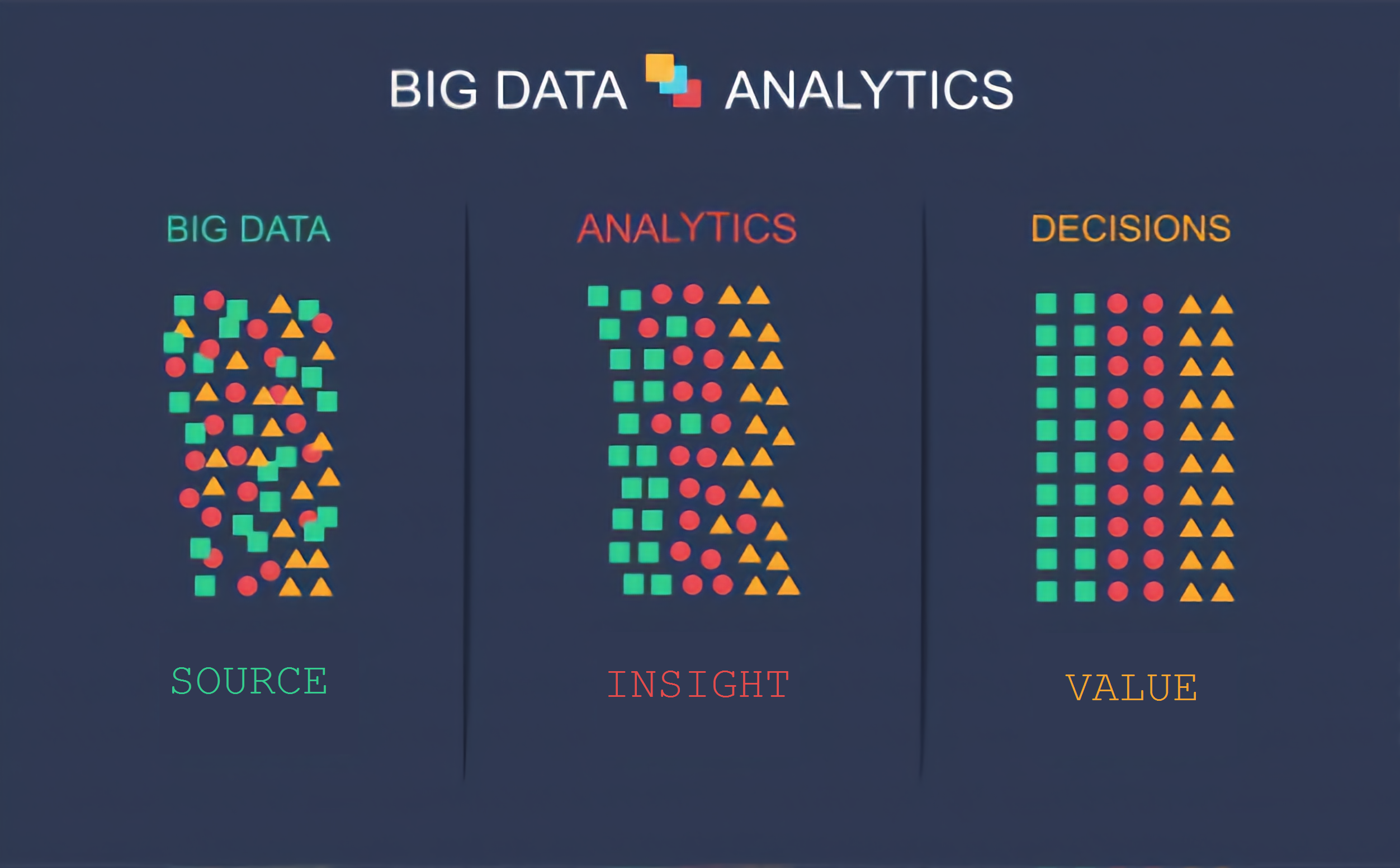Big Data Analytics with Hadoop
Implemented global competitor product change dashboards processing 6B+ monthly records—powering pricing & inventory intelligence across 32 countries.
6B+ monthly records
83% turnaround reduction
$150K annual savings
99% efficiency gain
Overview
Implemented competitor product change dashboards using Hadoop-based big data solutions for a leading UK-based electronic components manufacturer and distributor operating across 32 countries. The solution addressed challenges in managing massive monthly data volumes (6+ billion records), delivering actionable competitive intelligence for pricing and inventory strategies at a global scale.
Description
The client sought to efficiently analyze competitors pricing trends to support new and existing product lines. They faced:
- Large-scale data processing challenges due to high data volume, velocity, and variety.
- Manual, time-intensive data handling.
- Limitations in existing BI architecture hindering timely, holistic reporting on global competitor KPIs (price changes, inventory, trends, matched articles).
Key Challenges
- Manual and slow data processing.
- Difficulty executing competitive analysis with massive, diverse data sets.
- Inability to quickly analyze historical trends involving price and product category changes.
- Complications in meeting critical deadlines (ETAs).
Solution Highlights
- Designed and deployed a 6-node Hadoop cluster (20 cores, 150GB RAM, 2TB storage) for scalable ingestion & processing.
- Transitioned storage to optimized Hive tables (row-columnar) for efficient retrieval.
- Developed ETL logic using Apache Pig automating integration across systems.
- Automated end-to-end workflows from raw extraction to interactive reporting.
- Collaborated with BI teams to implement Tableau dashboards backed by real-time Hive aggregates.
Results & Impact
- Reduced dashboard & processing turnaround time by 83%.
- Deployed a scalable Pricing Data Warehouse managing 12M+ inventory items & 43 competitors globally.
- Enabled analysis of six months (~6B records) at inventory level—previously unmanageable.
- Decreased report lead time from 3 weeks to 1 day.
- Batch processing supports all global markets (DE, FR, GB, IT, JP, CN) simultaneously.
- Automated workflows saved ~3 weeks manual effort monthly.
- Improved process efficiency by 99%, eliminating manual file handling.
- Achieved $150K annual savings on processing, storage & analytics.
- Freed 2 FTEs via automation.
Tech Stack
- Hadoop cluster (6-node)
- Hive (row-columnar tables)
- Apache Pig ETL workflows
- Tableau dashboards
- Automated batch orchestration
Platform Visual
